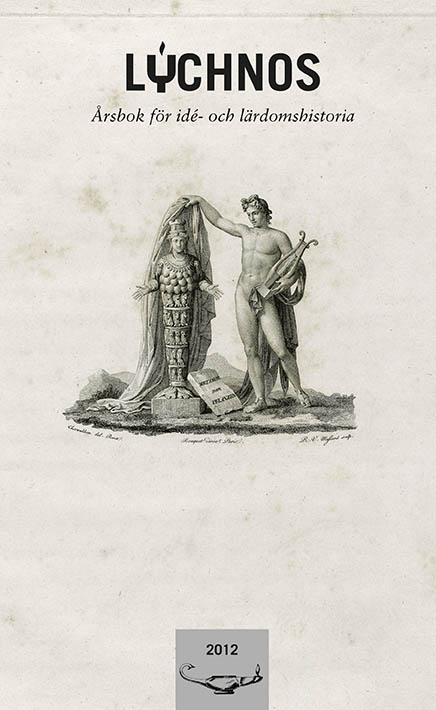Displays of classical sculpture and the demand for authenticity
Abstract
The subject of this paper is the production of authenticity in displays of classical (Greek and Roman) sculpture. Authenticity, I observe, is not a quality immanent in the piece on display but rather the work of a multifarious collective of agents, human and material. This applies equally to the modern museum and to displays of the Early Modern period, but the emphasis of the paper lies on the period 1500–1800 CE. Within these chronological limits I trace the career of sculpture gardens from their beginnings in the Renaissance to the eighteenth century, when that career was radically transformed. Early Modern sculpture gardens bear directly to the authenticity issue because, by juxtaposing ancient, often over-restored statuary with replicas, pastiches and modern works all’antica, and by placing all these in the midst of flora, fountains, grottoes and other natural and artificial features, they violate in almost every respect our sense of the authentic. The peculiarities of those Early Modern displays, I argue, were not due to a lack of concern with authenticity but to the specific configuration of the collective of agents at work in the production of authenticity. Sculpture garden compositions were above all allegories to be deciphered by the visitor. Classical statuary thus served as a mirror for the present, and played therefore an entirely different role from the one it plays in today’s museum exhibits. Sculpture garden displays had to abandon their claims to authenticity in the advanced eighteenth century as a result of the then emerging discourses on taste and aesthetics, the formation of a bourgeois public and the rise of the public museum. By the end of the century, sculptures had become objects of purely aesthetic appreciation, and the aesthetic experience offered by them was constitutive of the authenticity of the viewer’s relation to antiquity.
Downloads
Publicerad
Nummer
Sektion
Licens
This work is licensed under a Creative Commons Attribution 4.0 International License. The copyright for the work published in Lychnos remains with the authors.


